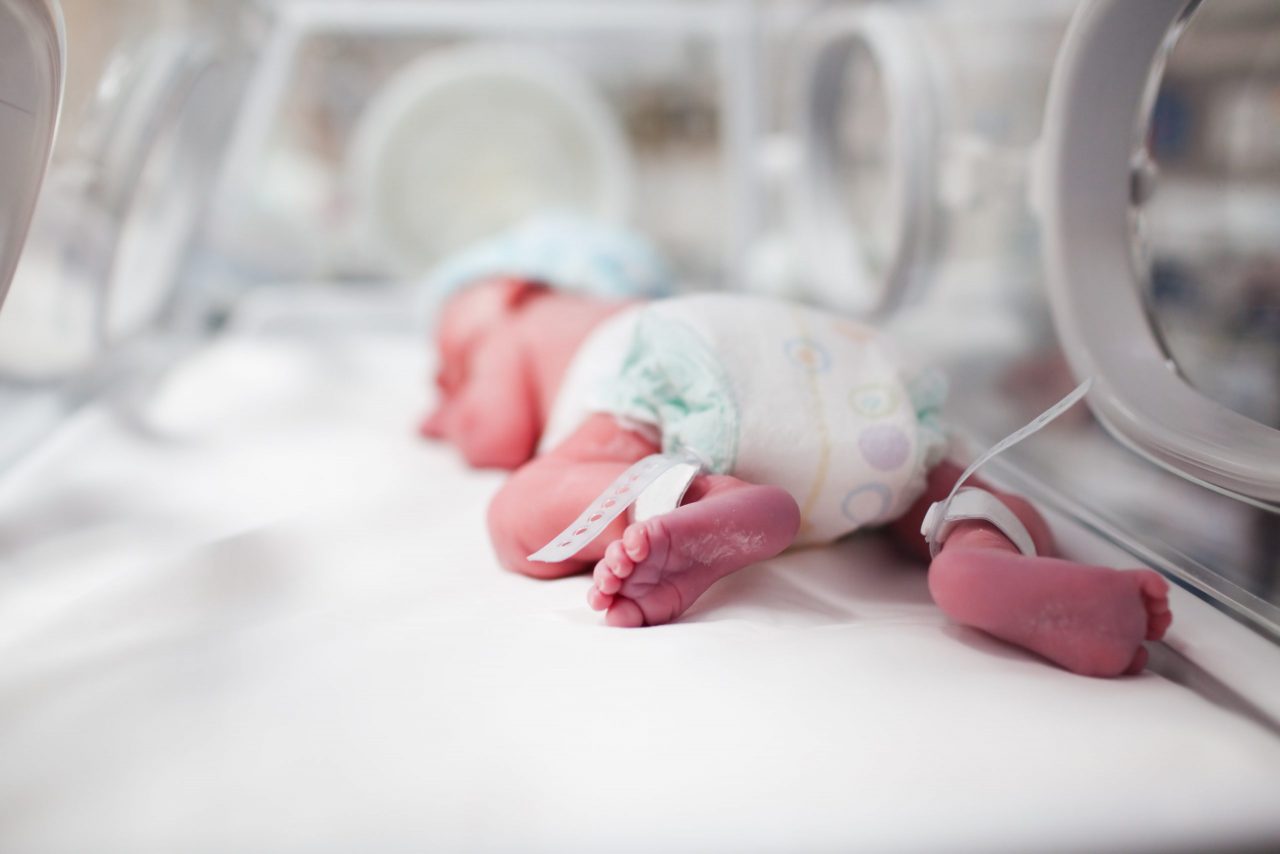Neonatal incubators are medical equipment used mainly to provide specific conditions (similar to those of the maternal uterus) for premature or underweight children, although they can also be used in cases of alterations in the thermoregulation system, respiratory insufficiencies or other conditions that require care special after delivery; all this through the control of a series of important variables for the normal development of newborns.
Medically, a newborn is considered to be underweight when its weight is less than 2,500 grams, although there are babies who are around that weight and do not need to go to the incubator if the rest of their functions are within the established parameters.
Neonatal incubators are generally used to provide intensive care to underweight or premature newborns, it should be noted that it is not always the same because not all newborns before week 37 have a lower weight than recommended due to not having completed their gestation, but there are also babies who are born after this week and are born underweight due to other problems.
Neonatal incubators are also used for newborns who are born full-term or not, but have other health problems such as:
- Susceptibility to infections due to depression of the immune system
- Pulmonary immaturity.
- Alterations in the thermoregulation system that prevents them from maintaining adequate body temperature (36º-37º C).
- Bone fragility or weak muscle tone
- Neurosensory and cognitive development deficits
- Problems with the sucking reflex
What variables can be controlled by using a neonatal incubator?
- Isolation from the outside: The incubator keeps the newborn isolated and protected from possible external aggressions such as particles and pathogens.
- Weight control: The incubator has an electronic weight that keeps a continuous record of the weight of the newborn, which allows to see the evolution of it without having to take it out to weigh it.
- Temperature control: these devices have a sensor that measures the body temperature of the newborn to always keep it between 36 and 37º If the sensor notices its temperature drop, it increases the heat. If you notice that it rises above 37ºC, decrease it.
- Humidity control: Maintaining a constant degree of humidity is very important, that the environment is not very dry since dryness favors dehydration. For this reason, incubators have humidifiers that are activated if they notice that the humidity is not correct.
- Oxygen: Premature infants often have lung diseases or are at risk of developing them, so it is often necessary to provide them with extra oxygen. Instead of wearing a mask, the incubator creates a special oxygen-rich atmosphere to support your lung development.
- Mechanical ventilation: In severe cases in which the newborn cannot breathe on his own or is in a coma, the incubator has a pump that performs respiration for them.
- Ultraviolet light: The incubators have a UVA lamp that are used to activate vitamin D in the newborn and to treat neonatal jaundice. In fact, some newborns without problems but who develop jaundice in the first days of life need to spend a few hours in these incubators with UVA rays.
- Intravenous route: Incubators allow you to leave an intravenous line temporarily in place for when it is necessary to use it, in the administration of medicines and solutions.
- Monitoring: Incubators allow the newborn’s vital functions to be recorded and thus keep his breathing, heart rate and brain activity under control.
At Kalstein we are MANUFACTURERS and we offer you a new neonatal incubator designed with the best technology and at the best PRICES. That is why we invite you to take a look at the Products menu. HERE


